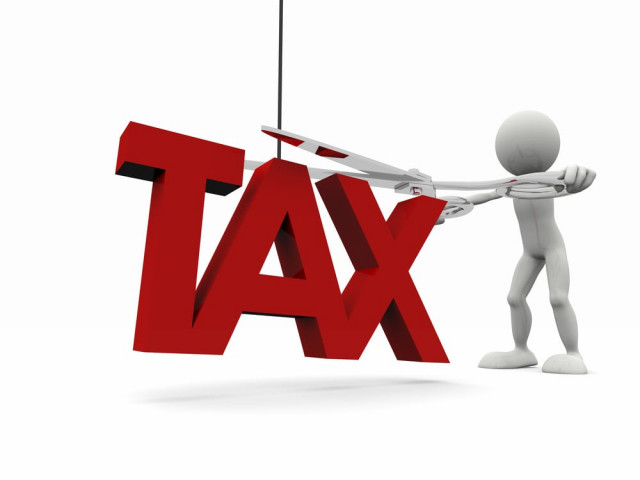Raising the tax-to-GDP ratio
Tax collection needs to be revamped and tax payers should get incentives.

If government is really serious in tackling the issues of revenue, it must give due importance to the FBR as the most important earning hand of the country as an institution.
And some measures need to be adopted to stem the rot. The FBR chairman needs to be selected on merit, and not political whim, and this has to trickle down in the selection of the subsequent chain of command as well.
A fully-fledged Research and Development wing must be established to guide the FBR in tax policy matters. The system of appraisement of Customs Duty and PACCs and system of Sales Tax processing should not be closed but revisited and upgraded for application in all the dry ports and sea ports to make them transparent and less time consuming.
All exemptions from sales tax and income tax should be withdrawn. The chief commissioner should be empowered to allow exemption in genuine cases for a renewable specified period.
Sales tax at the rate of one per cent should also be imposed on defence purchases which should be non-adjustable. International tenders should also be taxed at one per cent non-adjustable sales tax.
Federal excise should be merged with sales tax to reduce the number of taxes and hassle for the tax payers.
The services sector is highly under taxed, particularly the income of the surgeons, physicians (specialists), advocates and professionals rendering consultancy services. A mechanism needs to be adopted to properly tap this very important under taxed source of revenue;
The most frequently raised objection by the business community in particular and public in general is that politicians represent the people to safeguard their rights and are supposed to make laws in public interest, but they violate the law themselves when it comes to payment of due tax liability. Tax laws and collection should be uniform and without bias.
Agriculture tax needs to be implemented and collected.
Tax payers frequently complain that they derive no direct benefit from payment of any amount of tax. Our present system has not envisaged any provision of incentives of even social or psychological nature for the tax payers. To promote tax culture, the government must provide some incentives. For instance certain limit of payment of tax can be fixed for an individual tax payer for one year, and if a tax payer pays tax (of that amount or above), then he should be allowed some privileges for that year. For instance priority in obtaining telephone, electricity, gas connections, VIP treatment in hospitals and in courts of law, etc.
Some social security system should be introduced for regular tax payers and in case of old age or disability, they should be paid some percentage of amount out of the tax already paid by them over the years.
The writers is former director general (Tax Audit) FBR and former adviser Federal Tax Ombudsman
Published in The Express Tribune, June 13th, 2011.



















COMMENTS
Comments are moderated and generally will be posted if they are on-topic and not abusive.
For more information, please see our Comments FAQ